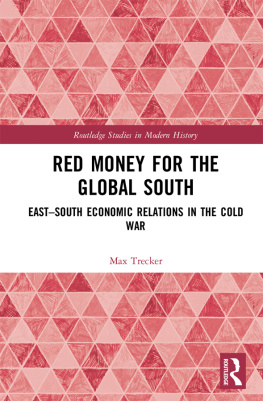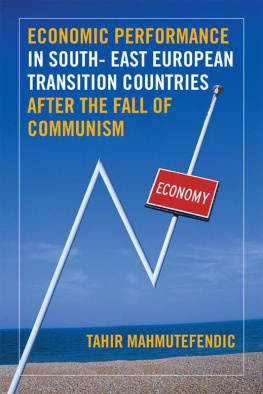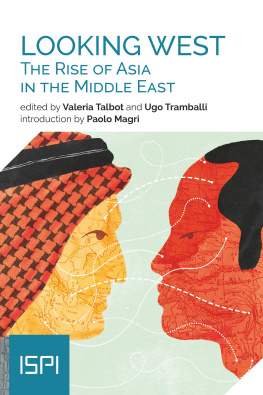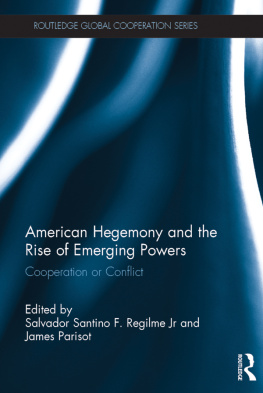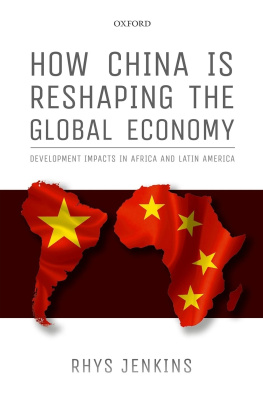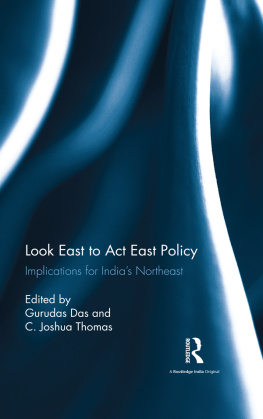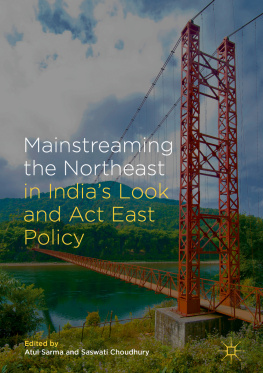Red Money for the Global South
Red Money for the Global South explores the relationship of the East with the new South after decolonization, with a particular focus on the economic motives of the Council for Mutual Economic Assistance (CMEA) and other parties that were all striving for mutual cooperation.
During the Cold War, the CMEA served as a forum for discussions on common policy initiatives inside the so-called Eastern Bloc and for international interactions. This text analyzes the economic relationship of the East with the new South through three main research questions. Firstly, what was the motivation for cooperation? Secondly, what insights can be derived from CMEA negotiations about intrabloc and EastSouth relations alike? And finally, which mutual dependencies between East and South developed over time?
The combination of analytical narrative and engagement with primary archival material from former CMEA states, and India as the most prestigious among the former European colonies, makes this text essential reading for students and instructors of Cold War history, Economic History, and international relations more generally.
Max Trecker is at the Leibniz Institute for Contemporary History, Munich, Germany. He is currently working on privatization in Eastern Europe in the 1990s.
Routledge Studies in Modern History
Reforming Senates
Upper Legislative Houses in North Atlantic Small Powers 1800present
Edited by Nikolaj Bijleveld, Colin Grittner, David E. Smith and Wybren Verstegen
Unsettled 1968 in the Troubled Present
Revisiting the 50 Years of Discussions from East and Central Europe
Edited by Aleksandra Konarzewska, Anna Nakai and Micha Przeperski
Marginalized Groups, Inequalities and the Post-War Welfare State
Whose Welfare?
Edited by Monika Bar and Paul van Trigt
Union and Disunion in the Nineteenth Century
Edited by James Gregory and Daniel J. R. Grey
Intellectuals in the Latin Space during the Era of Fascism
Crossing Borders
Edited by Valeria Galimi and Annarita Gori
The Co-opting of Education by Extremist Factions
Professing Hate
Sarah Gendron
Alcohol Flows across Cultures
Drinking Cultures in Transnational and Comparative Perspective
Edited by Waltraud Ernst
Red Money for the Global South
EastSouth Economic Relations in the Cold War
Max Trecker
For a full list of titles, please visit: www.routledge.com/history/series/MODHIST
Red Money for the Global South
EastSouth Economic Relations in the Cold War
Max Trecker
First published 2020
by Routledge
2 Park Square, Milton Park, Abingdon, Oxon OX14 4RN
and by Routledge
52 Vanderbilt Avenue, New York, NY 10017
Routledge is an imprint of the Taylor & Francis Group, an informa business
2020 Max Trecker
The right of Max Trecker to be identified as author of this work has been asserted by him in accordance with sections 77 and 78 of the Copyright, Designs, and Patents Act 1988.
All rights reserved. No part of this book may be reprinted or reproduced or utilized in any form or by any electronic, mechanical, or other means, now known or hereafter invented, including photocopying and recording, or in any information storage or retrieval system, without permission in writing from the publishers.
Trademark notice: Product or corporate names may be trademarks or registered trademarks, and are used only for identification and explanation without intent to infringe.
British Library Cataloguing-in-Publication Data
A catalogue record for this book is available from the British Library
Library of Congress Cataloging-in-Publication Data
Names: Trecker, Max, author.
Title: Red money for the global South : East-South economic relations in the Cold War / Max Trecker.
Description: Milton Park, Abingdon, Oxon ; New York, NY : Routledge, 2020. | Series: Routledge studies in modern history | Includes bibliographical references and index.
Identifiers: LCCN 2019049967 (print) | LCCN 2019049968 (ebook) | ISBN 9780367244750 (hardback) | ISBN 9780429282683 (ebook)
Subjects: LCSH: Council for Mutual Economic AssistanceHistory. | Europe, EasternForeign economic relationsDeveloping countries. | Cold WarEconomic aspects.
Classification: LCC HC243.5 .T74 2020 (print) | LCC HC243.5 (ebook) | DDC 337.470172/409045dc23
LC record available at https://lccn.loc.gov/2019049967
LC ebook record available at https://lccn.loc.gov/2019049968
ISBN: 978-0-367-24475-0 (hbk)
ISBN: 978-0-429-28268-3 (ebk)
Typeset in Times New Roman
by Apex CoVantage, LLC
Contents
PART I
Inner integration and first contacts with the South
PART II
The Complex-Program
PART III
Red globalization
PART IV
Financial shockwaves
Guide
Scholarly writing
is like mining radium.
For every gram
you work a year.
For the sake of a single word
you waste
a thousand tons
of verbal ore.
But how
incendiary
the burning of these words
compared with the smoldering
of the raw material.
These words
will move
millions of hearts
for thousands of years.
(Based on V.V. Maiakovski)
Mining radium is a serious business. So is scholarly writing. This book could be cited as proof that planned economies actually can work, since the research and the first draft of the manuscript were finished on time, as promised in the original research agreement. However, such a statement would conceal the ups and downs and changes the project lived through during this period and thereafter. Nevertheless, what remained stable, was the institutional umbrella of this work. Without the support of the Graduate School for East and South East European Studies in Munich and Regensburg, this project would not have been possible, as I profited significantly by the intellectual environment of the Graduate School and the intellectual exchange with my fellow PhD students.
I want to thank foremost my two supervisors Martin Schulze Wessel and Martin Aust. Many people have helped me with their advice on the way. Without their help, this work could not have been concluded in such a short time. Among them are Amit Das Gupta, Guido Hausmann, Andreas Hilger, Ravi Ahuja, Madhavan K. Palat, Hari Vasudevan, and Jun Fujisawa. I also want to thank the employees at the archives I have visited for this project. The head of the KfW company archives, Lysanne Goldbach, kindly provided me with the contact details of a former East German banker, Dr. Erich Klober, who was ready to answer my questions on inter-bloc and EastSouth financial relations and economic cooperation to clarify my own views. Boris Ganichev and Matthias Golbeck helped me to avoid the most serious mistakes in the manuscript. All remaining deficiencies are entirely my fault and will be fixed during the next five-year plan.
Berlin, September 2019
In the summer of 1959, an unscripted verbal exchange evolved between the then General Secretary of the CPSU, Nikita Khrushchev, and the American Vice President, Richard Nixon. The debate between the two occurred in Moscow at the 1959 American exhibition at Sakolniki Park, where, among other appliances and consumer goods, a typical American kitchen could be seen; hence, the name kitchen debate.1 The General Secretary of the CPSU used the opportunity to praise the achievements and the promising future of Soviet society:

